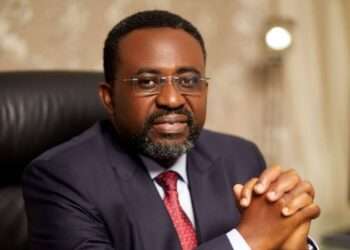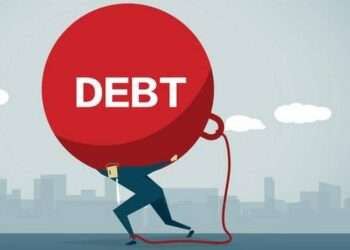The International Development Association (IDA) of the World Bank has indicated its preparedness to honour a $372 million guarantee (previously $400m but Ghana has already paid about $70m of the amount) of a $1bn Eurobond issued by Ghana in 2015.
Meanwhile, the payment of the $330 million guarantee (including principal and interest payments) by the IDA has become necessary after investors triggered a payment demand given the policy-based guarantee nature of the debt.
The payment demand was triggered by investors on April 18, 2023 as the Government of Ghana failed to make coupon payments to investors due on April 14, 2023, on the back of the announced moratorium on debt servicing by Government on December 19, 2022. Exactly 40% ($400m) of the Eurobond was guaranteed by the IDA.
In 2015, Ghana was facing difficult market conditions. It had large financing needs, high debt levels that were maturing soon, and no access to international financial markets.
Refinancing deadlines, extending debt maturities to reduce fiscal pressure, and smoothing out its debt service profile were priorities for Ghana in 2015.
Ghana’s Ministry of Finance sought help from the World Bank to meet these goals, and requested a policy-based guarantee in combination with a credit from the International Development Association (IDA – The World Bank’s fund for the poorest countries), to be able to mobilize the volume of financing needed to settle upcoming debt repayments.
A policy-based guarantee is an instrument that allows a country to raise money by mitigating the risk for bond investors or commercial lenders in case of potential debt service payment defaults. In this case, Ghana issued a $1 billion Eurobond series due in 2030.
The 2030 Eurobond was backed by IDA’s guarantee covering up to $400 million in both principal and interest. Since then, Ghana has bought back and canceled $70 million of the 2030 Eurobond, reducing the amount of the guarantee to $330 million.
Ghana applied the proceeds of the 2030 Eurobond issuance to refinance existing debt that had an interest rate of 25% to a lower rate of 10.75%. In addition, the maturity of the existing debt – which was between 90 days and two years – was increased to 15 years on average.
The Current Debt Situation In Ghana
During the COVID-19 pandemic, Ghana’s public debt increased significantly, leading to credit rating downgrades, the exit of non-resident investors from the domestic bond market, and ultimately Ghana’s loss of access to international capital markets.
These adverse developments, further exacerbated by price and supply-chain shocks from Russia’s invasion of Ukraine, led to a large exchange rate depreciation, a surge in inflation, and pressure on foreign exchange reserves.
On December 19, 2022, faced with major economic, financial, and social pressures Ghana’s Ministry of Finance declared a moratorium on debt service payments under certain categories of its external debt, such as Eurobonds. Soon after, it restructured the bulk of its domestic debt and requested debt treatment under the G20 Common Framework.
The country is currently in talks with external creditors for an external debt restructuring programme and is expectant of financing assurances from external creditors in pursuance of a Board approval by the IMF for a $3bn bailout programme.
READ ALSO: Ghanaians Emotionally React To KiDi’s Alleged Liver Cancer Disease





















